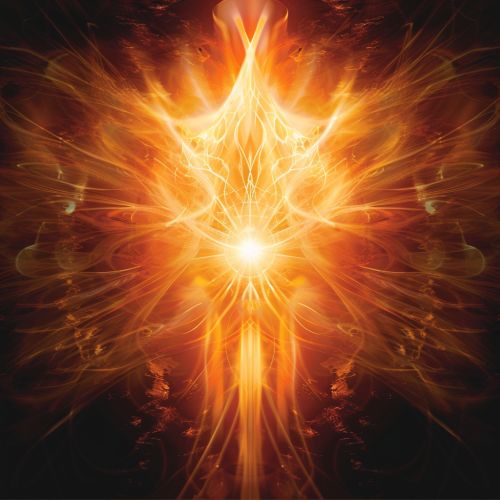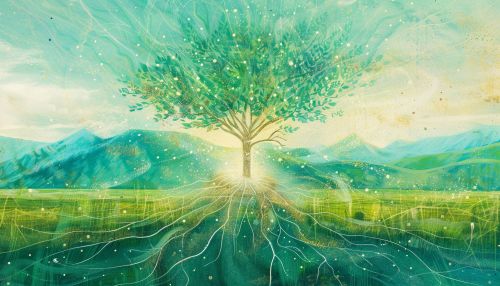Vitalism
Vitalism
Vitalism is a doctrine that posits that the functions of a living organism are due to a vital principle distinct from biochemical reactions. This principle, often referred to as the "vital spark," is considered to be the essence that differentiates living matter from non-living matter. The concept of vitalism has a long history, dating back to ancient civilizations and has evolved through various philosophical and scientific interpretations.


Historical Background
The roots of vitalism can be traced back to ancient Greek philosophy, where thinkers like Aristotle proposed that living organisms possess a "soul" or "psyche" that animates them. Aristotle's concept of the "entelechy" was an early form of vitalism, suggesting that living beings have an intrinsic purpose or final cause.
During the Renaissance, vitalism was further developed by Paracelsus, who introduced the idea of a "vital force" that governs the body's functions. This notion was aligned with the alchemical traditions of the time, which sought to understand the transformation of matter.
In the 17th and 18th centuries, vitalism gained prominence through the works of Georg Ernst Stahl, who proposed the theory of "animism." Stahl argued that a non-material "anima" or soul was responsible for the body's physiological processes. His ideas were influential in the development of early medical theories.
Vitalism in the 19th Century
The 19th century saw a resurgence of vitalism, particularly in the context of the burgeoning field of biology. One of the most notable proponents was Johannes Peter Müller, who argued that biological phenomena could not be fully explained by physical and chemical laws alone. Müller introduced the concept of "vital energies" that were unique to living organisms.
Another significant figure was Henri Bergson, whose philosophy of "élan vital" posited that life is driven by a creative force that transcends mechanical explanations. Bergson's ideas were influential in both philosophical and scientific circles, contributing to debates about the nature of life and consciousness.
Decline of Vitalism
The decline of vitalism began in the late 19th and early 20th centuries with the rise of mechanistic explanations in biology. The discovery of the cellular basis of life and the elucidation of biochemical pathways provided compelling evidence that life processes could be explained through physical and chemical principles.
One of the critical blows to vitalism was the synthesis of urea by Friedrich Wöhler in 1828. This achievement demonstrated that organic compounds could be synthesized from inorganic precursors, challenging the notion that a "vital force" was necessary for the formation of life's building blocks.
The development of genetics and the discovery of the structure of DNA further undermined vitalist theories. The ability to explain heredity and biological functions through molecular mechanisms left little room for the concept of a vital force.
Modern Perspectives
While vitalism is largely considered obsolete in contemporary science, some modern thinkers and researchers explore concepts that echo vitalist ideas. For instance, the field of systems biology examines the emergent properties of biological systems, which some argue cannot be fully understood through reductionist approaches alone.
Additionally, the study of consciousness and mind-body dualism continues to raise questions about the nature of life and the potential existence of non-material aspects of living beings. These discussions, however, are framed within a scientific context that emphasizes empirical evidence and testable hypotheses.
Criticisms and Controversies
Vitalism has faced significant criticism for its lack of empirical support and its reliance on metaphysical concepts. Critics argue that vitalism is unfalsifiable, meaning it cannot be tested or disproven through scientific methods. This has led many to dismiss vitalism as a pseudoscience.
Moreover, the success of mechanistic explanations in biology has rendered vitalist theories unnecessary. The ability to explain complex biological processes through physical and chemical principles has provided a robust framework for understanding life without invoking a vital force.
Legacy
Despite its decline, vitalism has left a lasting impact on the history of science and philosophy. It played a crucial role in shaping early medical and biological theories and contributed to debates about the nature of life and consciousness. The concept of a vital force, while no longer scientifically accepted, continues to influence discussions in fields such as philosophy of biology and holistic medicine.
